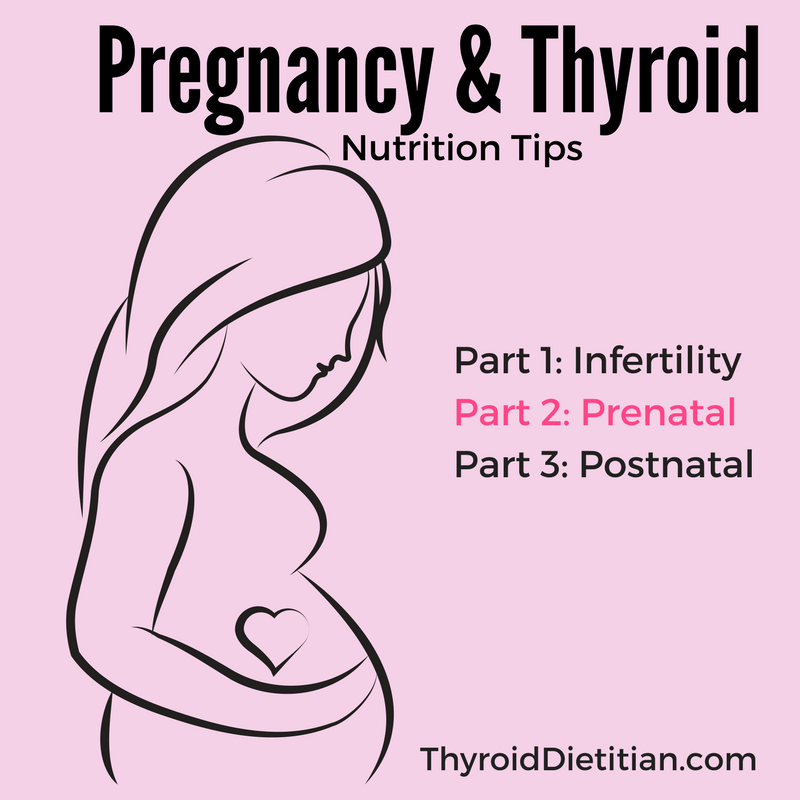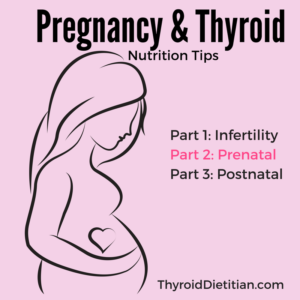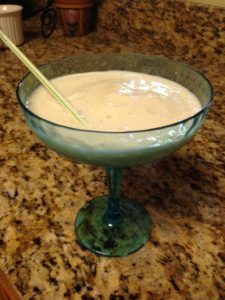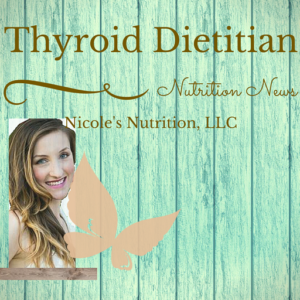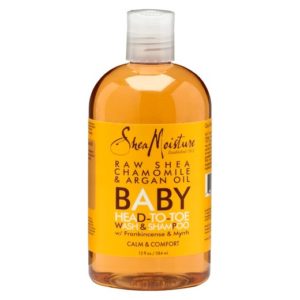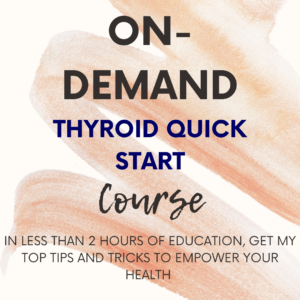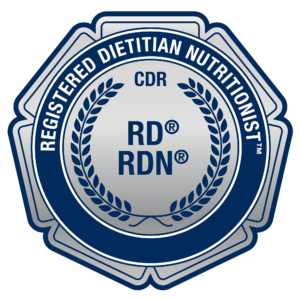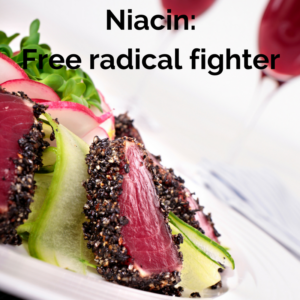 Niacin aka vitamin B3 is found in many of the foods we eat today especially, meats and seafoods. Niacin is a controversial vitamin when it comes to supplementation. There is very limited research that indicates it may slightly lower thyroid hormone. But, I do not believe this to be conclusive research.
Niacin aka vitamin B3 is found in many of the foods we eat today especially, meats and seafoods. Niacin is a controversial vitamin when it comes to supplementation. There is very limited research that indicates it may slightly lower thyroid hormone. But, I do not believe this to be conclusive research.
What I do know for sure is that when we get niacin in the whole food form it is crucial for promoting optimal energy and helping to fight free radicals and free radical damage. You often find niacin included in your multivitamin or B complex, and I do not consider this supplemental form to be a problem for thyroid levels.
Cholesterol, Niacin, and Thyroid
High cholesterol tends to be a problem for those with hypothyroidisim. Niacin is a popular treatment to try to reduce cholesterol. Not everyone responds to niacin supplementation and research is mixed. If your cholesterol is high and you have hypothyroidism, then the root cause is low thyroid hormones. I would not recommend using niacin to experiment in that case. Treat the root cause: the thyroid.
*This article is not a substitute for medical advice. Please see your doctor before implementing changes.
Niacin as an Antioxidant
There are a handful of experimental studies out there showing niacin as an antioxidant or at least an antioxidant “helper” for the glutathione cycle. More research is still needed to understand niacin as an antioxidant. I see it as even more reason to make sure we are eating a balanced diet and getting all the vitamins and minerals we need in balance.
Food Sources of Niacin
- Tuna
- Chicken
- Turkey
- Salmon
- Beef
- Sardines
- Peanuts
- Shrimp
- Brown rice
- Sweet potato
- Sunflower seeds (I recommend sprouted seeds)
- Green peas
- Potato
- Asparagus
A word of caution: Niacin should not be used for those with liver conditions, liver disease, or any other liver dysfunction.
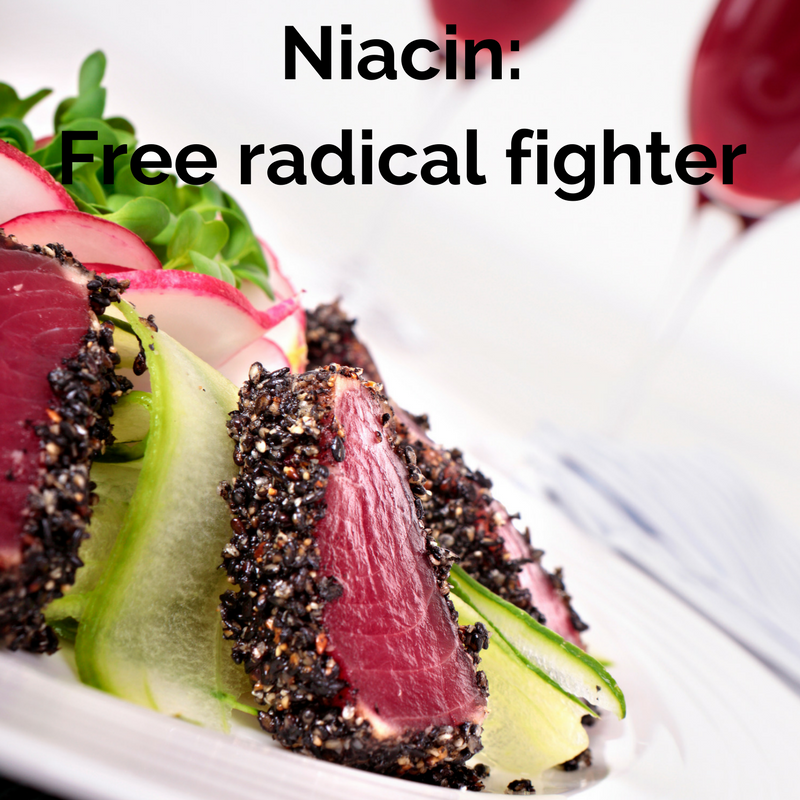
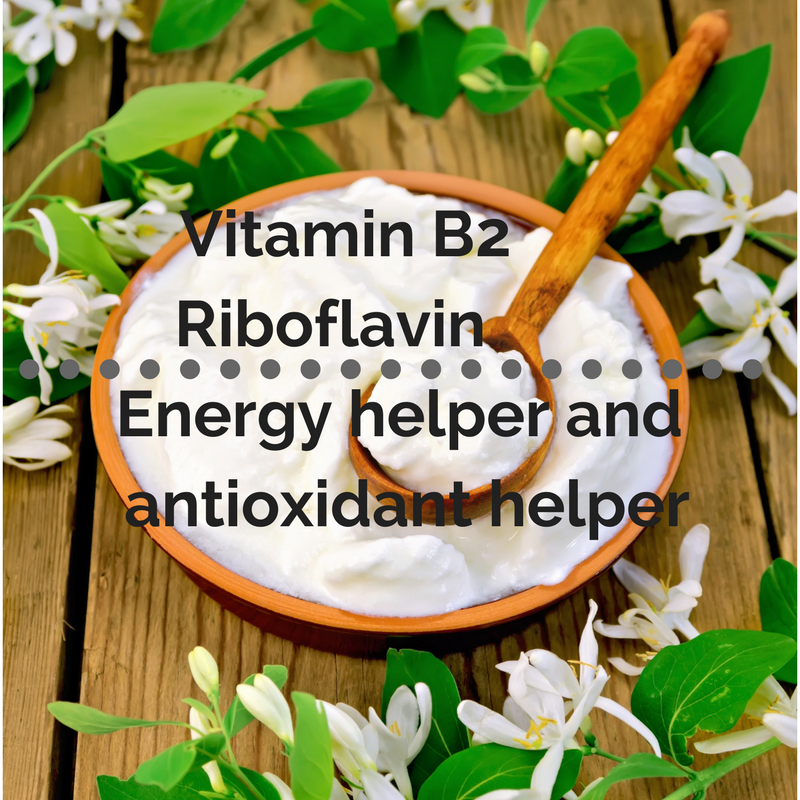
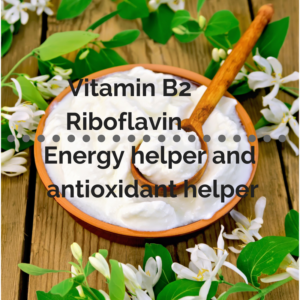
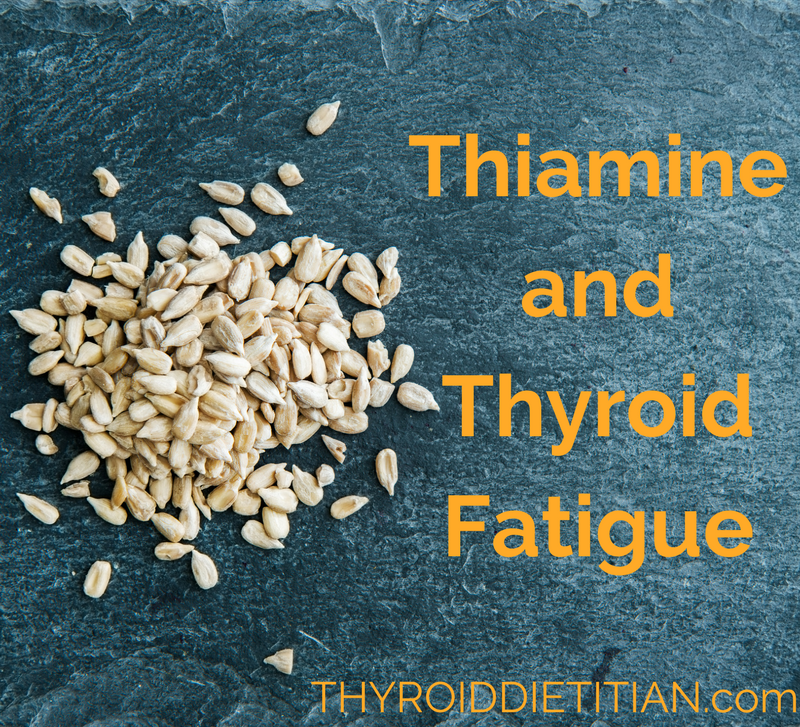
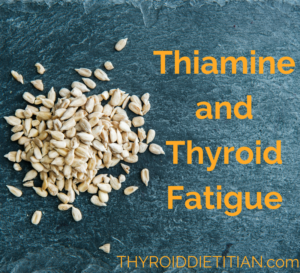
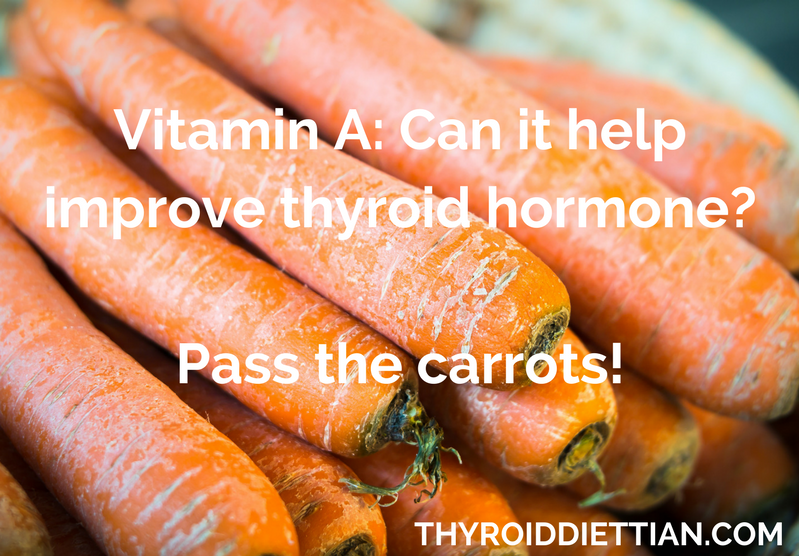
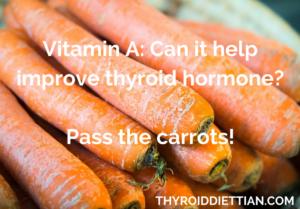
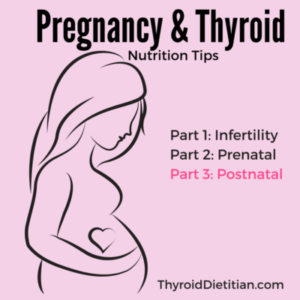
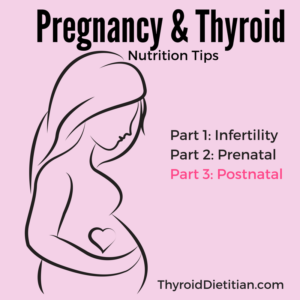
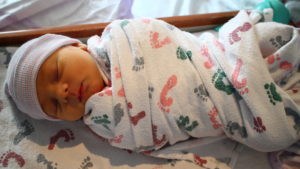
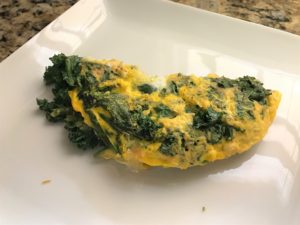
 my typical stuff: sweet potatoes, wild Alaskan salmon burgers, broccoli/veggies (that is just one of my easy go-to meals). For snacks, I either had a smaller smoothie, a “mug cake”, veggies/seed crackers and hummus. But, I didn’t have as many snacks the first month. And, my favorite… coffee!
my typical stuff: sweet potatoes, wild Alaskan salmon burgers, broccoli/veggies (that is just one of my easy go-to meals). For snacks, I either had a smaller smoothie, a “mug cake”, veggies/seed crackers and hummus. But, I didn’t have as many snacks the first month. And, my favorite… coffee!